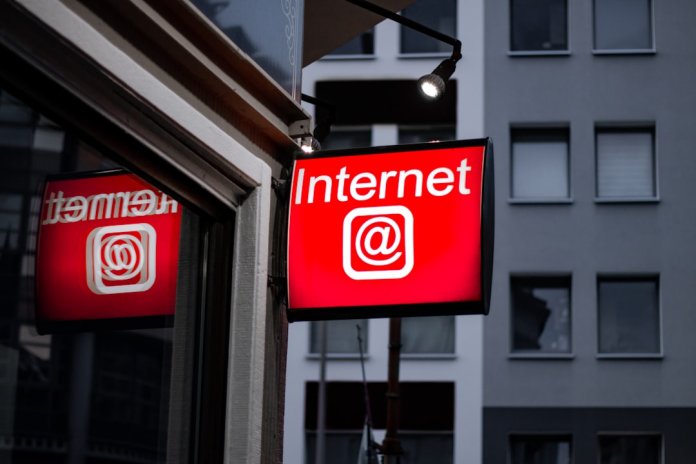As internet usage grows exponentially, protecting online privacy and maintaining secure communication has become an essential component of modern digital life. One of the most effective tools available for ensuring privacy and anonymity online is the Virtual Private Network or VPN. Understanding the fundamentals of VPNs can help individuals and businesses secure their sensitive information from hackers, advertisers, and even surveillance authorities.
A VPN is a service that creates a secure and encrypted connection over a less secure network, typically the internet. It allows users to safely transmit data while protecting their identity and location. With the increasing threats of cyberattacks and data theft, VPNs have moved from being niche tools for IT professionals to mainstream solutions for everyday internet users.
How VPNs Work
At its core, a VPN tunnels your internet connection through a secure server, effectively masking your IP address and encrypting all data being sent and received. Here’s what happens behind the scenes:
- Your device connects to a VPN server rather than directly to the internet.
- The VPN server then connects to the internet on your behalf.
- Data transmitted from your device to the VPN server is encrypted, making it unreadable to anyone who might intercept it.
- VPN servers can be located in different countries, allowing users to access region-restricted content.
Encryption plays a central role in a VPN’s effectiveness. VPNs use protocols such as OpenVPN, IPsec, and WireGuard to secure data transmissions. These protocols ensure that data traveling over open networks such as public Wi-Fi remains protected against unauthorized interception.
Benefits of Using a VPN
Using a VPN provides a wide range of benefits for both individual users and organizations. Some of the key advantages include:
- Enhanced Privacy: VPNs hide your IP address and browsing activity from internet service providers (ISPs), advertisers, and surveillance agencies.
- Secure Data Transmission: Encrypted data ensures secure communication, especially when using public networks such as cafes or airports.
- Bypass Geo-Restrictions: Access content and services that may be blocked in certain regions, such as streaming platforms or restricted websites.
- Remote Access: Employees can securely access company networks from remote locations, improving productivity without compromising data security.

However, not all VPNs are created equal. Free or non-reputable VPN services may log user activity or fail to provide adequate encryption. Always choose a VPN provider with a solid reputation, transparent privacy policies, and robust security features.
Limitations and Considerations
Despite their advantages, VPNs do have limitations. A VPN may slow down your internet speed due to the extra step of routing your traffic through its server. Additionally, it does not protect against all online threats; for instance, it cannot prevent phishing attacks or malware downloaded from malicious websites.
Users should also be aware that using a VPN does not make them completely anonymous. While it enhances privacy, it does not eliminate browser fingerprinting or tracking by cookies unless additional privacy tools are used in combination with it.
FAQs About VPNs
- Q: Is it legal to use a VPN?
A: In most countries, using a VPN is completely legal. However, some authoritarian regimes restrict or ban their use. Check local laws before using a VPN. - Q: Will a VPN make me completely anonymous online?
A: No, a VPN enhances your privacy but does not provide full anonymity. Your behavior, browser settings, and tracking technologies can still expose information. - Q: Can I use a VPN to stream content from other countries?
A: Yes, many people use VPNs to bypass geo-restrictions on streaming platforms. However, some services may block access if they detect VPN use. - Q: Does a VPN protect me from viruses or malware?
A: Not directly. VPNs encrypt your traffic but do not scan for viruses. Use antivirus software alongside a VPN for complete protection. - Q: What should I look for in a VPN provider?
A: Look for strong encryption protocols, a strict no-logs policy, reliable speed, a wide range of server locations, and good customer support.
In conclusion, a Virtual Private Network is a powerful tool for enhancing online privacy and data protection. As cyber threats evolve, understanding and implementing VPNs can be a key step in safeguarding your digital life.
